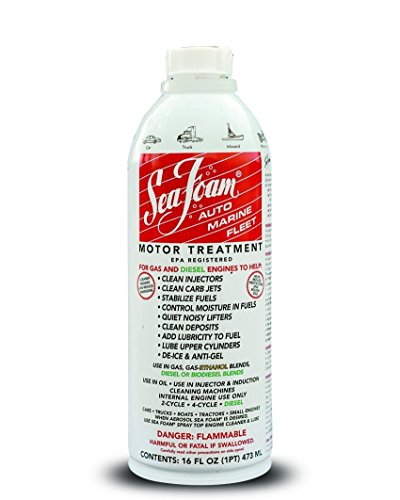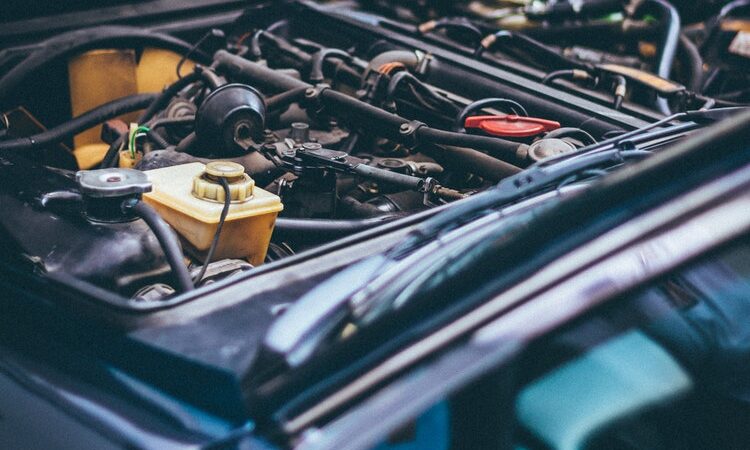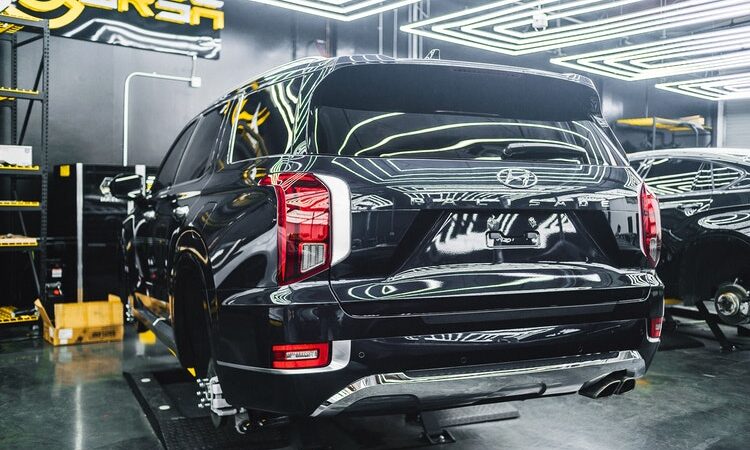Common Causes of Car Vibration During Idle, Takeoff, and Cruising

Car vibration is a common problem; it is also annoying. The thing is, it kind of sneaks up on you. It starts out really light, and your brain views it more like background noise. However, over time, it gets worse until you just can’t put up with it anymore.
In this article, we’re going to cover some common causes of car vibration in three (3) areas: Idling, Takeoff and Cruising.
During Idle
Most commonly, if your car is vibrating during idle, the source of the problem is likely in your fuel intake.
If your car is older and has a carburetor, simply adjusting it can solve the problem. But since most cars are fuel injected, pouring a fuel additive to your tank can perform a good cleanout on your fuel system.
In either case of carburetor or fuel injector, air intake can have an impact on your fuel too. If your air filter is clogged, for example, the resulting lack of airflow causes the engine to compensate by drawing in more fuel, making it “run rich”. It wastes fuel and impairs your car’s performance.
This is harder to detect and may require special equipment to find it, but even a pinhole leak in a vacuum hose can throw your engine into a shake or vibration. If located, it may be possible to cover the leak with some heat resistant tap or splice the tube somehow. Most people simply get a new hose.
During Takeoff
This gets a bit tricky. Diagnosing the problem depends much upon where the source of the vibration is coming from. Let’s look at a few possibilities.
If the vibration is coming from the engine compartment, it could be in your fuel intake, as described in the previous subheading. If the fuel intake is out of whack, it could make the engine vibrate, particularly during takeoff.
If you detect that the vibration is coming from one of your wheels, your alignment could be off. It could even be as simple as your tires being out of balance. Other problems could be more serious, like worn struts, faulty calipers, uneven rotors or transmission issues.
Using Cruise Control
Your problems with vibration at cruising speed could be similar to those you could have when you’re accelerating. You could have a rotor that’s out of round, or your calipers could be malfunctioning.
If you’re at cruising speed, and upon pressing the brakes the vibration worsens, your brake rotor could be out of round. If you let your brake pads get down to the wear bars, you can damage your rotor, scoring the smooth surface and possibly throwing it out of round.
Uneven wear on your brake pads too can cause your wheels to shake a bit, getting worse when you apply the brakes.
Summary
The truth is that engine or vehicle vibration can occur for a number of reasons. These are some of the most common, and can give you a good place to start in determining what’s causing your car to vibrate.
Car vibration could be an indicator of a real serious problem, one that could lead to expensive auto repair costs. Even worse, you could lose control of your car, possibly leading to injury or death to you or others.





